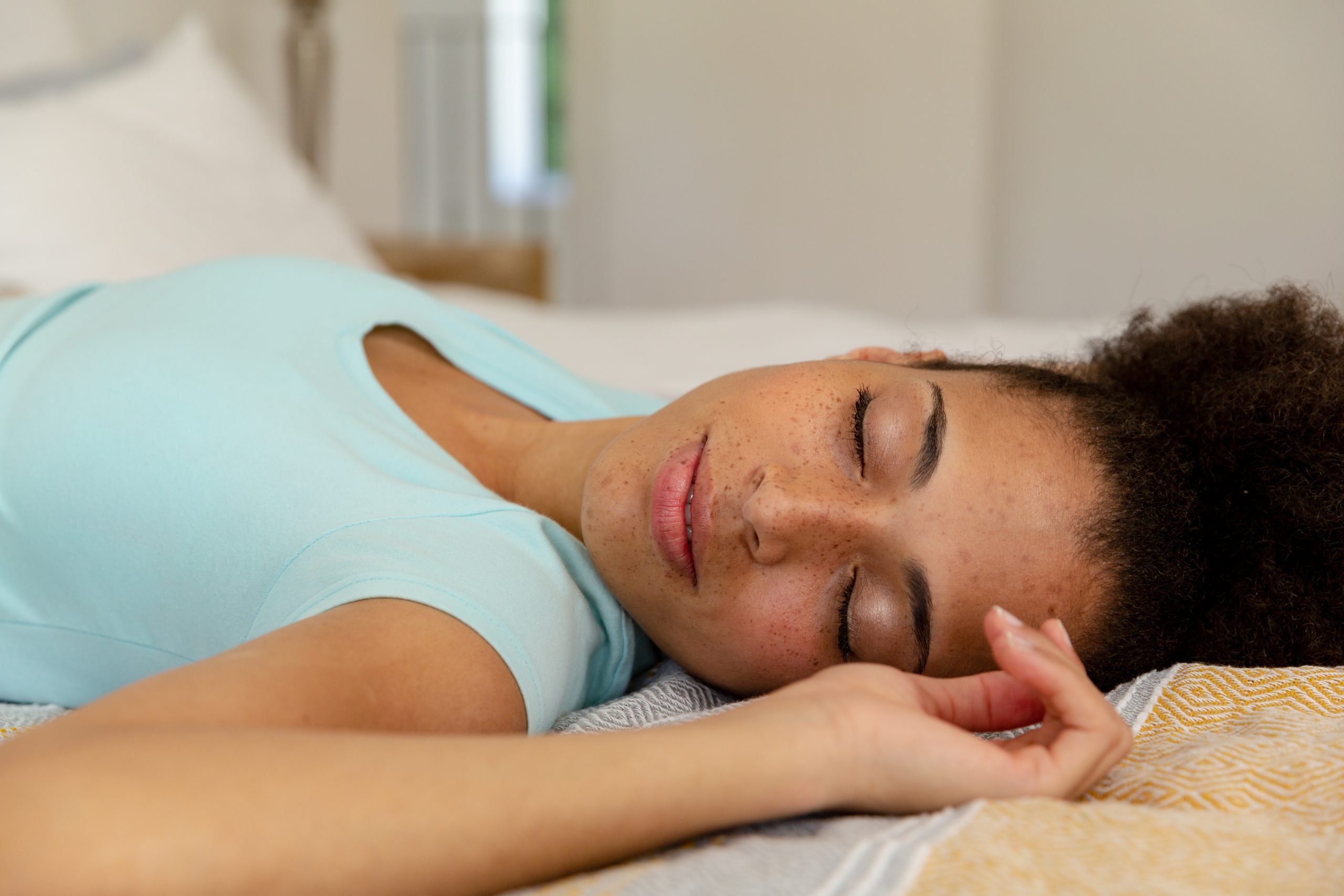Many people struggle with poor sleep or insomnia that no longer responds to traditional treatments. Whether caused by anxiety, depression, or chronic stress, sleepless nights can quickly affect mental health and overall quality of life. Today, more clinics are exploring how ketamine therapy for sleep problems may help patients finally get the rest they need.
How Ketamine Affects Sleep and the Brain
Ketamine was originally used as an anesthetic but has gained attention for its rapid antidepressant and anti-anxiety effects. By working on glutamate and NMDA receptors in the brain, ketamine helps “reset” neural pathways linked to mood and stress. This same mechanism may also calm the overactive thought patterns and tension that make falling asleep difficult.
According to Dr. Clayton L. Allison, M.D., a psychiatrist at NorTex Psychiatry, “When we treat patients struggling with insomnia, we often see that the issue is not only physical—it’s psychological. Ketamine’s ability to reduce anxiety and depression can help regulate the nervous system, allowing the brain to finally rest.”
Ketamine for Insomnia | How It May Improve Sleep and Calm the Mind
Chronic insomnia is often tied to anxiety, depression, or trauma. Traditional sleep aids can temporarily help, but they don’t address the underlying cause. Ketamine therapy for insomnia relief may work differently:
- Reduces racing thoughts: Ketamine helps quiet intrusive or anxious thinking before bedtime.
- Improves emotional regulation: Many patients report feeling calmer and less reactive to stress.
- Restores REM cycles: Some research suggests ketamine may positively influence REM sleep improvement by stabilizing mood and circadian rhythm.
Brittany Huckaby, PHNP, explains, “Ketamine infusion therapy for sleep can help patients reset the connection between mood and rest. Once the brain finds balance, healthy sleep patterns often return naturally.”
Ketamine Therapy for Better Sleep | What the Research Shows
Recent studies show promising results for people with chronic sleep problems. In those with depression-related insomnia, ketamine has been linked to improved sleep quality, reduced nighttime awakenings, and deeper rest. Some clinical findings also point to improvements in slow-wave sleep, the most restorative stage of the sleep cycle.
Patients who undergo ketamine infusion therapy for sleep disorders often notice benefits after just a few sessions. Unlike sedatives, ketamine doesn’t force the body to sleep—it helps correct the brain’s sleep-wake rhythm by addressing the emotional and neurological factors causing restlessness.
Sleep Problems and Anxiety | How Ketamine Therapy Targets Both
Poor sleep and anxiety often reinforce each other. Lack of rest increases cortisol levels, making it harder to relax, while anxiety makes sleep even more elusive. Ketamine therapy helps break this cycle by reducing both anxiety-related sleep issues and the emotional distress that fuels them.
After a personalized assessment, NorTex Psychiatry may recommend a treatment plan that includes:
- Intravenous or intranasal ketamine therapy
- Lifestyle and sleep hygiene counseling
- Integration therapy and aftercare support
What to Expect from Ketamine Treatment for Insomnia Relief
Each patient’s response to ketamine is unique, but the process is generally comfortable and supportive:
- Sessions take place in a calm, monitored environment.
- Patients often feel deeply relaxed during infusions.
- Some experience mood improvement and better sleep within days.
- Continued therapy and lifestyle support enhance long-term results.
From Sleepless Nights to Restful Sleep | Ketamine Therapy Explained
For individuals who have tried multiple sleep aids or antidepressants without success, ketamine therapy for better rest offers new hope. By addressing both emotional and biological barriers to sleep, ketamine may help patients restore balance—leading to calmer nights and more energized days.
As Dr. Allison notes, “We’ve seen patients regain not only their ability to sleep but also their sense of peace and mental clarity. When the mind heals, the body follows.”
If you’re struggling with insomnia or anxiety-related sleep problems, NorTex Psychiatry in Allen, McKinney, Frisco, and Dallas can help. Schedule a consultation today to learn if ketamine therapy is right for you and start your journey toward better rest.
More Information:
https://www.ncbi.nlm.nih.gov/books/NBK470357
https://www.webmd.com/depression/features/what-does-ketamine-do-your-brain






